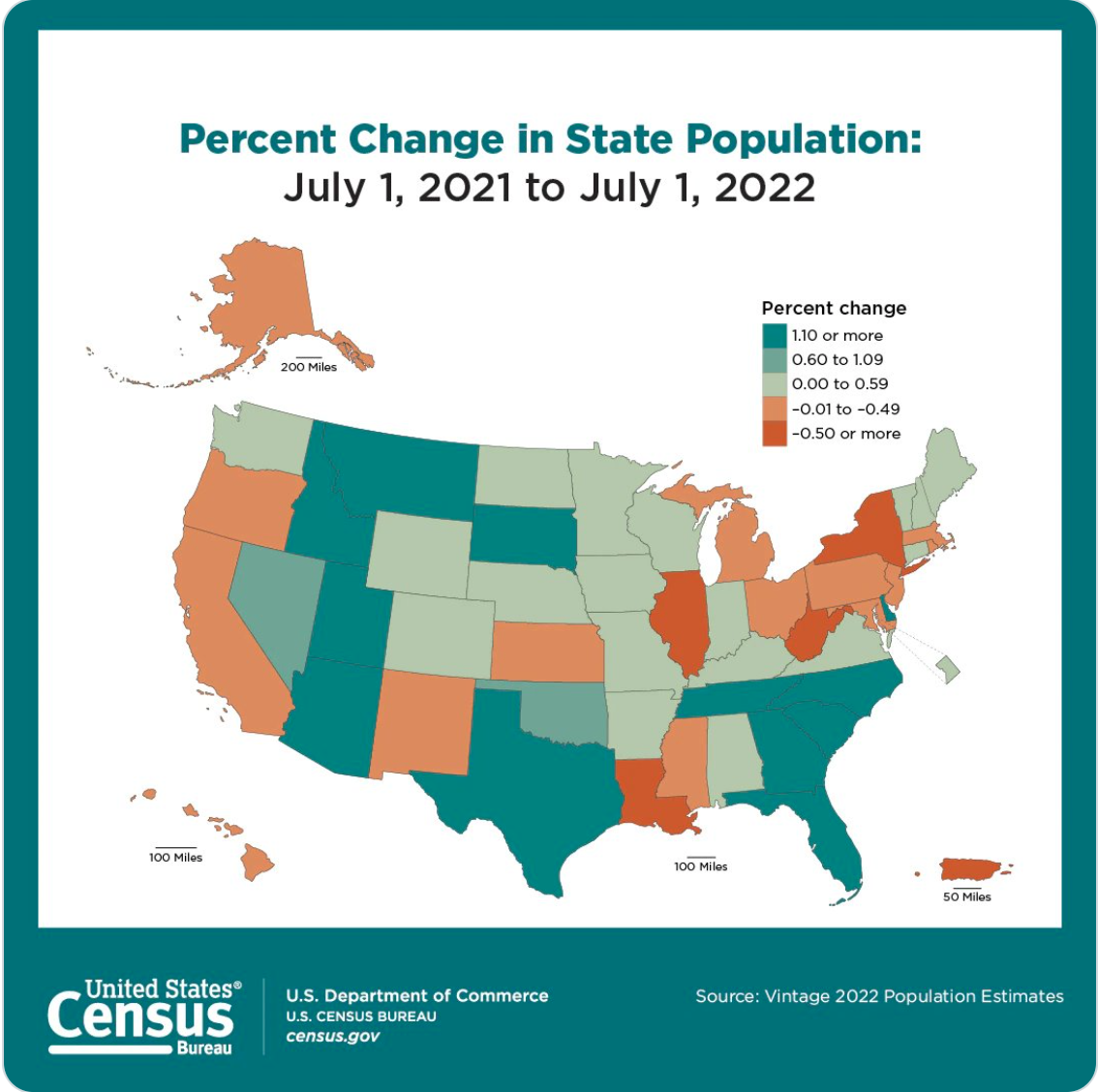Arizona became the first state in the nation to recognize occupational licenses from other states. But Arizona’s new license portability law probably won’t be a strategy next year in the Sunflower State, according to Elizabeth Patton, Grassroots Director at Americans for Prosperity-Kansas.
Limiting hurdles to work is a top priority for AFP-Kansas.
Kansas has some occupational licensing reciprocity, especially where military families are concerned. The state’s licensing boards have discretion to grant levels of licensing to those who move to Kansas from other states.
“But In Kansas, it’s super inconsistent,” Patton said.
Arizona is the fourth-fastest growing state in the country, but Arizona Gov. Doug Ducey said the state’s new residents often face unnecessary hurdles imposed by state government when they move to the state. (Kansas’s population growth ranked 42nd on the list, showing growth of 0.03 percent – virtually flat – between 2017 and 2018. The nine states that rank below Kansas all lost population in that time frame, according to the U.S. Census.)
“With this bill, Arizona is sending a clear message to people across the country. If you move to Arizona, there’s opportunity waiting for you here,” Ducey said when he signed the bill in early April. “There’s dignity in all work, and we know that whether you make your living as a plumber, a barber, a nurse, or anything else, you don’t lose your skills simply because you moved here.”
Kansas’s occupational licensing requirements are relatively low compared to other states, according to a 2012 Institute for Justice study. The institute’s researchers ranked Kansas’s occupational licensing burden at 44th among the 50 states.
Patton says there’s still lots of room for improvement. This legislative session, AFP-KS advocated for eliminating licensing requirements for eyebrow threading, for example. That bill, HB 2200, didn’t receive a hearing. It’s work that will likely continue next session. In the meantime, she said a Kansas bill like Arizona’s would help strengthen arguments for eliminating and reducing licensing requirements across the board.
“Arizona’s law is good from a mobility perspective, but it could also provide momentum,” Patton said. “It would start the conversation for people to ask, why are we as a state requiring additional regulations for things that people are doing competently elsewhere.”




